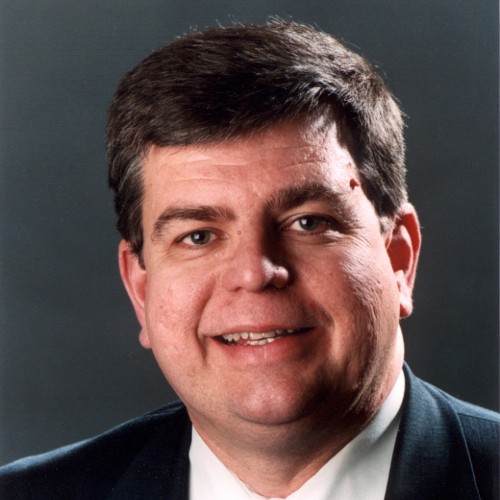USAF Space Command Creates Education Consortium
Breaking space news, the latest updates on rocket launches, skywatching events and more!
You are now subscribed
Your newsletter sign-up was successful
Want to add more newsletters?

Delivered daily
Daily Newsletter
Breaking space news, the latest updates on rocket launches, skywatching events and more!

Once a month
Watch This Space
Sign up to our monthly entertainment newsletter to keep up with all our coverage of the latest sci-fi and space movies, tv shows, games and books.

Once a week
Night Sky This Week
Discover this week's must-see night sky events, moon phases, and stunning astrophotos. Sign up for our skywatching newsletter and explore the universe with us!

Twice a month
Strange New Words
Space.com's Sci-Fi Reader's Club. Read a sci-fi short story every month and join a virtual community of fellow science fiction fans!
OMAHA, Nebraska -- In an effort to ensure that the U.S. Air Force has an adequate supply of well-trained officers versed in space systems, Air Force Space Command signed a memorandum of understanding (MoU) Oct. 6 with a consortium of universities that will support the command's education and research needs.
The MoU establishes the Universityof Colorado at Colorado Springs as the lead university in the Space Education Consortium. The consortium will be asked to provide courses and curriculum throughout the country to help educate a future space cadre for the Air Force and other military services and industry. Those efforts will include continuing education for space professionals, but also include getting space technology and curriculum infused throughout the U.S. education system from kindergarten to post-graduate work.
Air Force Gen. Lance Lord, commander of Air Force Space Command. Lord said the next step is for the consortium to assess the current state of space-related education to determine what is currently available and where expansion is needed.
Once that job is completed -- sometime in January is the current goal -- the consortium leaders will decide where the gaps are and how best to fill them with new course offerings and teacher training. "This will be a rigorous academic program," Lord said.
The consortiumalready includes the University of Colorado, Boulder, George Washington University, the Universityof Central Florida, Johns Hopkins University, the Aerospace Corporation and the Space Foundation.
"It is a chance togrow a cadre of space professionals from the launch pad to the stars," Lordsaid during a joint press conference broadcast via satellite between Colorado Springs and Omaha to the site of the Strategic Space 2004 event.
Space Foundation President Elliot Pulham said the Foundation, which already has an active education program, will be involved in teacher training, curriculum development and also bringing more aerospace companies into the consortium.
Breaking space news, the latest updates on rocket launches, skywatching events and more!
"There is no lack of awareness ofthe challenges we face," said Pulham. "The Rumsfeld Commission, the Commission onthe Future of the U.S. Aerospace Industry and most recently the President'sCommission on the Moon, Mars and Beyond have all identified the future space work force as critical to our nation's economic competitiveness and to our national defense."
Betsy Hoffman, president of the University of Colorado system, said the nation's problem goes beyond the looming retirement of many space professionals and the shortage of adequately trained replacements.
"The National Science Foundation recently identified the looming shortage of science and engineering professionals as one of the most important issues facing education today," Hoffman said.

After a long and successful career in journalism and public relations, Lon Rains is now retired. A graduate from the University of Maryland, Lon went on to have a 25-year career in journalism, including 15 years as the Editor of the weekly broadsheet newspaper Space News. Then he spent 11 years as a Director of Communications at Northrop Grumman, a multinational aerospace and defense company, before retiring in 2019.
